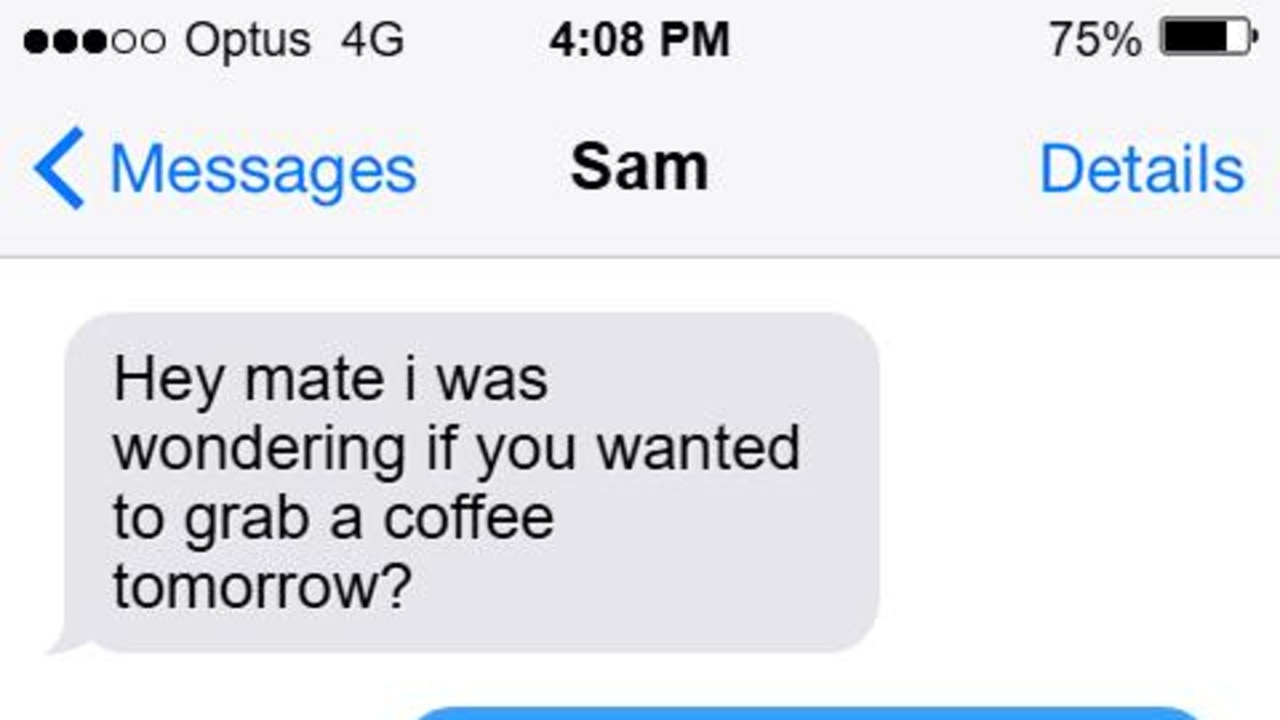News Media Bargaining Code that angered Facebook into blocking Australian news
Australians are no longer able to access and share news on Facebook. Where did the decision come from, and is it really a shock?

Australians woke up unable to access and share news content on Facebook, as the big tech giant laid bare its power by carrying out a threat it first made months ago.
The decision, which came as a shock to many, came after three years of anger from big tech over the federal government’s proposed Mandatory Media Bargaining Code.
The code, which would force Google and Facebook to pay news outlets for content, would be the first of its kind anywhere in the world.
But with the plan set to become law next week, Facebook has blocked Australian users from accessing news sites, and pages containing vital public safety information.
Overseas Facebook users are no longer able to access Australian news sites.
RELATED:Google strikes $30m deal with Nine with bargaining code in parliament
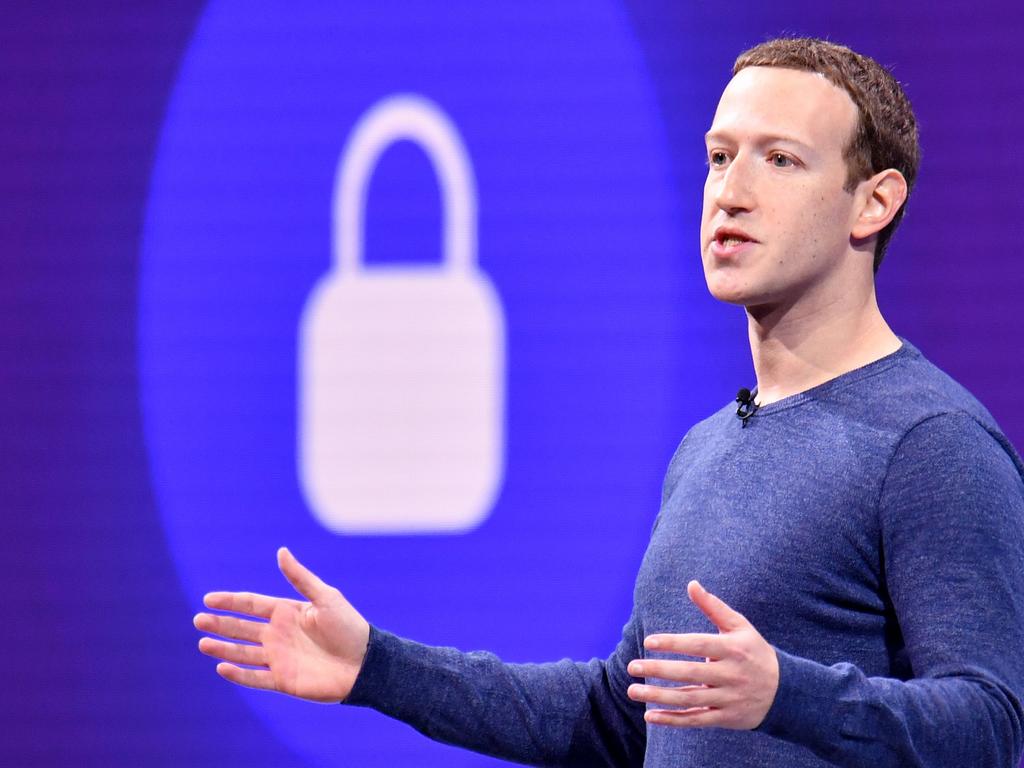
In a statement on Thursday, Facebook claimed it was left with no option but to take extreme action.
“(The plan) has left us facing a stark choice: attempt to comply with a law that ignores the realities of this relationship, or stop allowing news content on our services in Australia,” it read.
“With a heavy heart, we are choosing the latter.”
Treasurer Josh Frydenberg held crisis talks with Facebook chief executive officer Mark Zuckerberg this morning, but the government is refusing to back down.
POWER IMBALANCE: WHAT BROUGHT ABOUT THE LAWS
The government believes digital platforms have fundamentally shifted the way media content is produced and accessed.
It says tech giants Google and Facebook wield too much power over the market, benefiting from journalism that appears on their platforms without fairly compensating the outlets that make it.
Media outlets have been squeezed with newsrooms shrinking as the digital age dries up their advertising revenues.
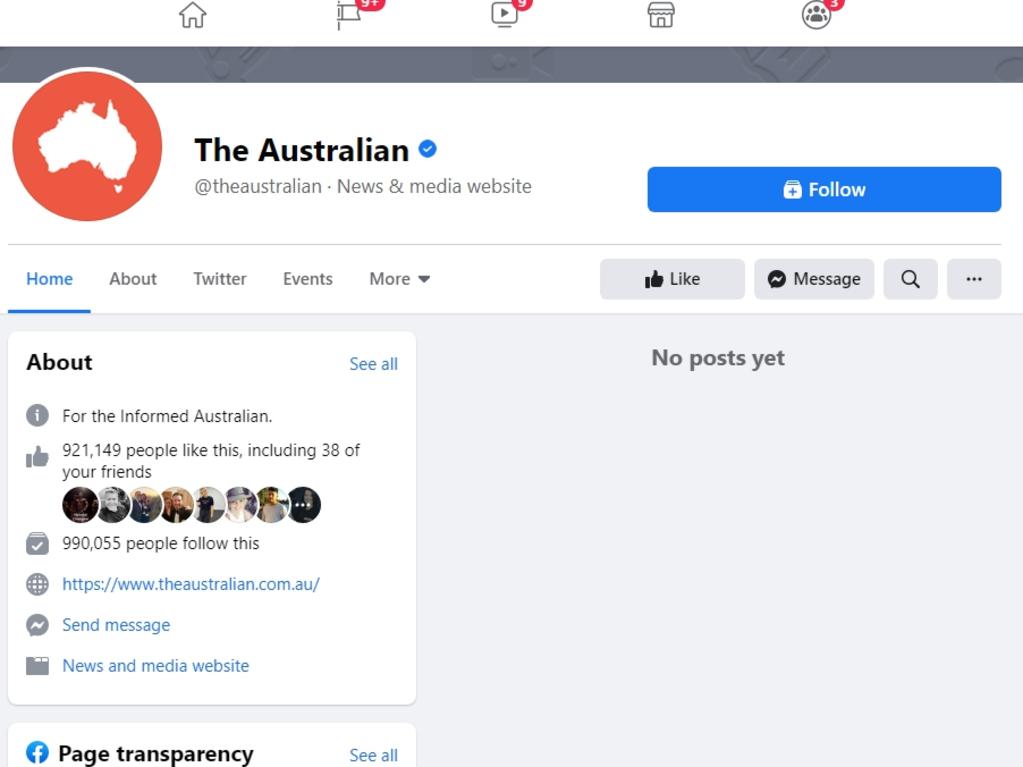
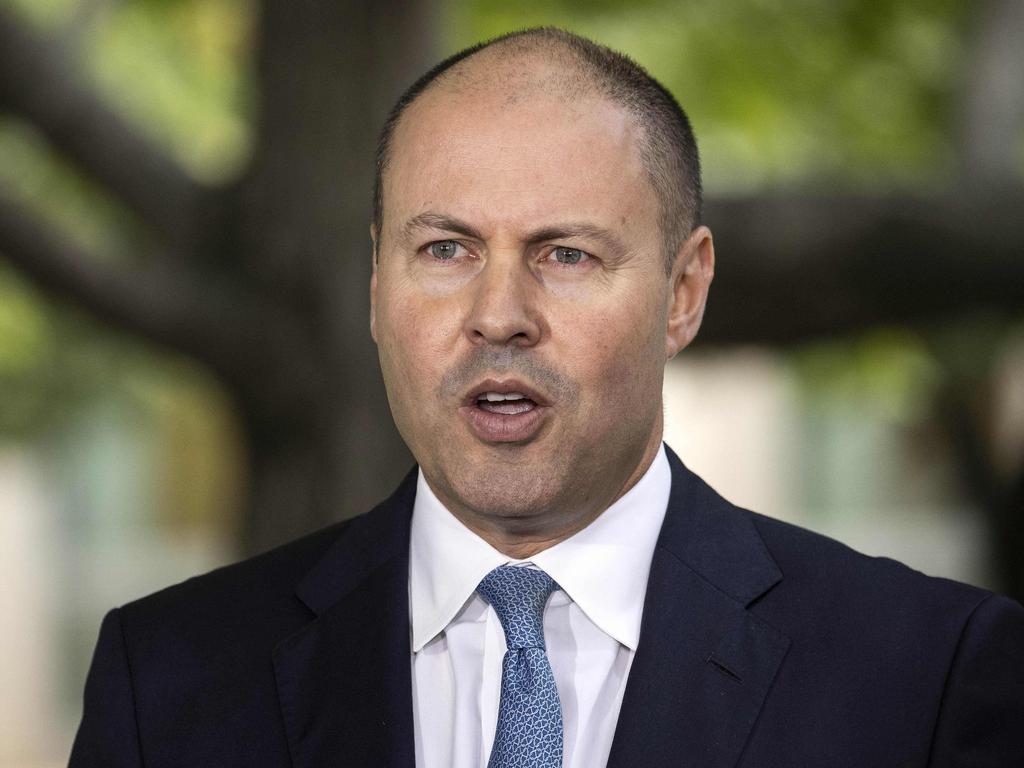
And Liberal senator Andrew Bragg, who chaired a public inquiry into the laws, says big tech giants are essentially thieving by muscling in on advertising for content they don’t produce.
“You don’t just go into a supermarket and steal a can of fruit, which effectively is what the platforms do when they take journalism and give it away for free,” he told Sky News on Thursday.
The government has spent three years consulting with media outlets and tech giants in a bid to reach a compromise.
It says its plan, unveiled in December, ensures news outlets remain viable by providing them fair payment for content.
FORCED TO PAY: WHAT THE GOVERNMENT IS PROPOSING
The plan would set up a mandatory media bargaining code forcing the tech giants to pay for original news content.
The laws will apply to Facebook’s News Feed and Google Search to begin with, but the government could add other platform services if they begin to wield unfair power.
After pressure from the Greens, the government agreed to include public broadcasters the ABC and SBS in the code.
The parties are encouraged to reach deals outside of the code, and the laws would establish a framework for to negotiate.
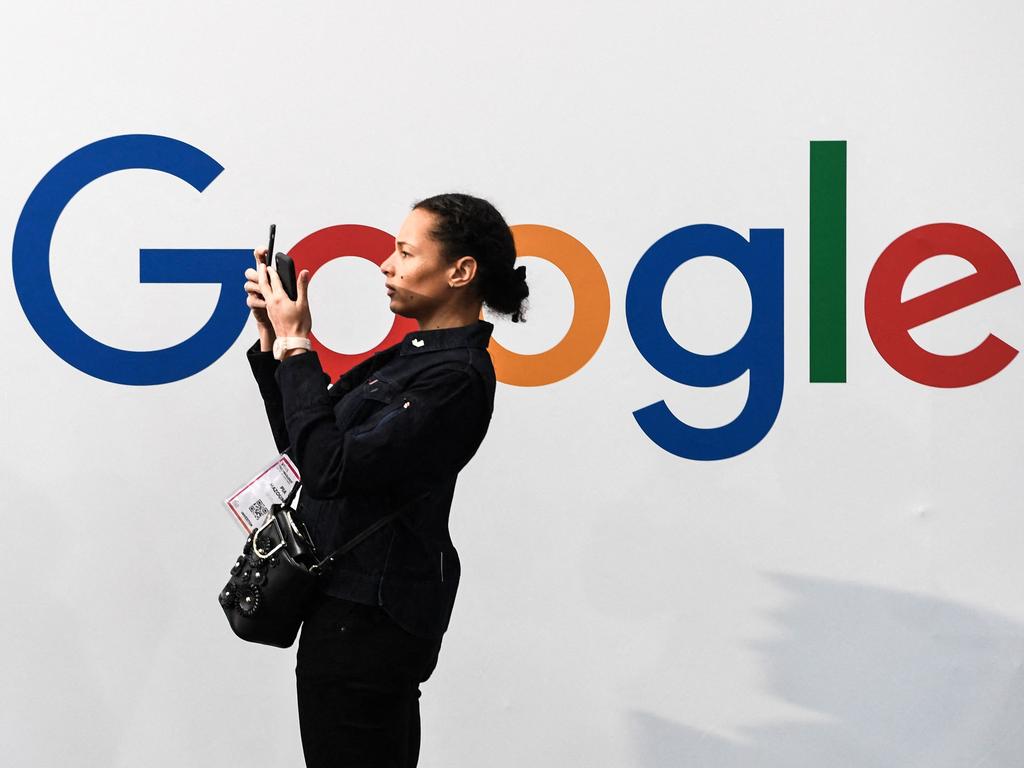
Media companies can strike deals individually or as a collective.
But when talks break down, the two parties will go to an independent umpire, which will decide what fee will be paid.
Google has taken up the government’s call to proactively negotiate with news outlets.
Google struck a deal with News Corp, the publisher of this article, to pay “significant amounts” for original content.
It came hot on the heels of two $30m annual agreements with Nine Entertainment and Seven West Media earlier in the week.
‘BREAKING THE INTERNET’: WHY THE TECH GIANTS ARE IN REVOLT
Google and Facebook argue the laws will break the way the internet functions, but both insist they want to thrash out a workable code.
Their core argument is that forcing payment for hyperlinking, a key feature of internet browsing, will make it unviable.
They’re concerned the code would create a precedent allowing people to charge for linking online.
Google says the plan would be like being charging a bus driver for delivering patrons to a restaurant.
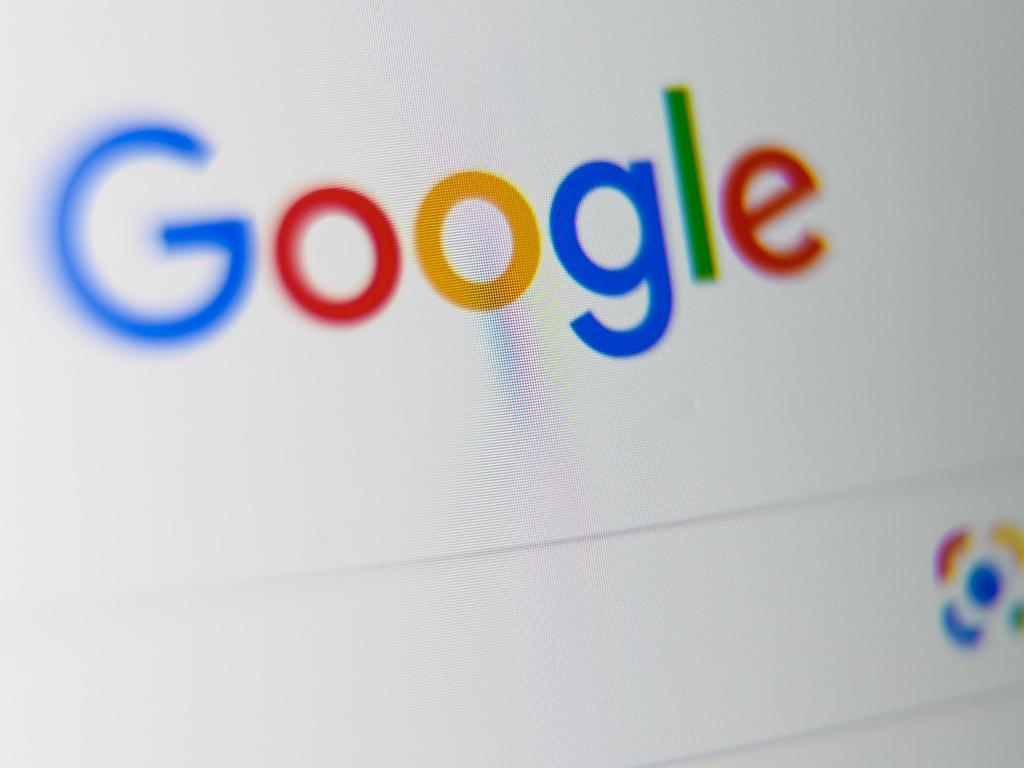
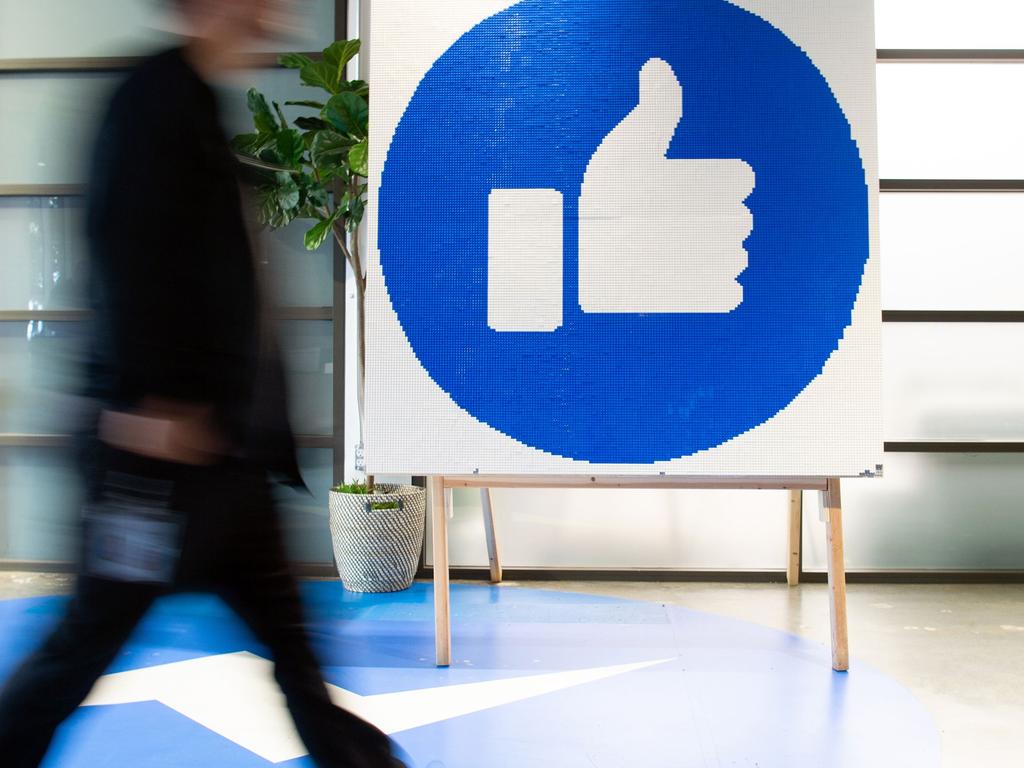
“The ability to link freely between sites is a fundamental part of the internet,” it says on its website.
“It creates a damaging precedent and privileges one group of content, that of news publishers, over everyone else, which breaks Google Search.”
In a fiery two-day public hearing on the bill, it threatened to remove Google Search from Australian users altogether.
Facebook says the law “fundamentally misunderstands” how its platform interacts with publishers who share news content.
It reiterated its threat to prevent Australians from accessing news content, which it carried out overnight.


